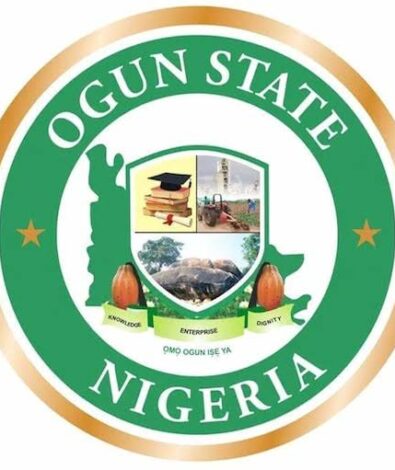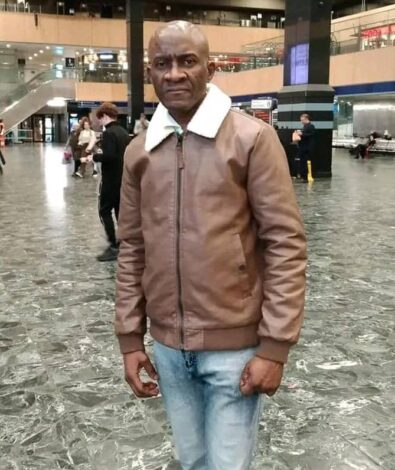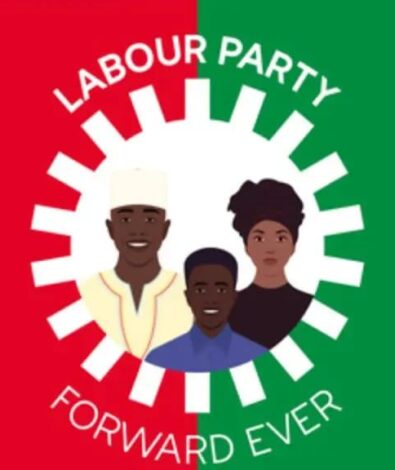PTA, NUT Warn of Looming Education Crisis Amid Fuel Price Hike

The Parents Teachers Association (PTA) and the Nigeria Union of Teachers (NUT) have expressed concerns over the potential rise in school dropout rates due to the increasing cost of transportation in the country.
The recent fuel price hike has led to a surge in bus fares, making it difficult for parents to send their children to school.
According to the National Chairman of the PTA, Alhaji Haruna Danjuma, the rising transportation costs will lead to more student dropouts, as parents struggle to make ends meet. “If parents become hesitant to send their children to school, we will face even greater challenges. Parents are struggling, and we risk having a surge in the number of out-of-school children, which will be a major issue for all of us,” Danjuma said.

The NUT Secretary-General, Dr. Mike Ike-Ene, also expressed concerns that teachers would struggle to attend school regularly due to their meager salaries. “The government has made several promises without fulfilling any. If a parent has four children attending different schools, they could end up spending N5,000 per day on transportation, which is outrageous. Teachers are required to be physically present at school every day, while other workers can work from home some days, yet many primary school teachers have not even received the minimum wage,” Ike-Ene said.
Parents across Lagos State have also expressed frustration over the rising transport fares. A parent in Ikeja, Mrs. Nneka Aderounmu, shared her concerns, stating that her two children’s school bus bill has increased from N30,000 to N60,000 per term. “Sincerely, I don’t know how I’ll manage if I have to pay N120,000 just for the school bus. Meanwhile, school fees, feeding, and books are still there. This government is terrible and wicked to Nigerians. It’s negative leadership,” she said.
The Chairman of the School-based Management Committee, Kings College, Jani Ibrahim, advised that a robust public transportation system is essential to support people with limited means. “Unless we have a similarly efficient public transportation system here, the government must step in to regulate it and make sure it’s inclusive, with no discrimination in access,” Ibrahim said.



